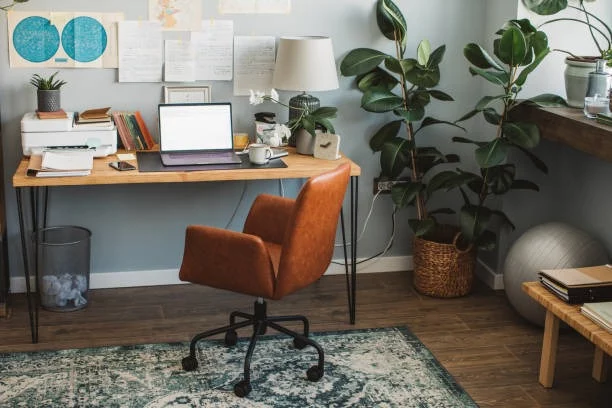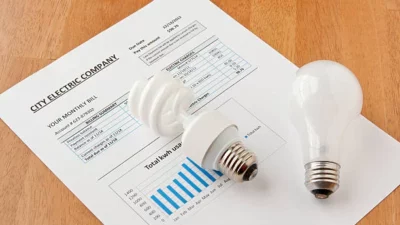Because many of us work from home now, having a comfortable home office is important for both your work and your mental health. Having a supportive workspace helps you pay attention, prevents you from getting tired and keeps you motivated all day. Even so, a lot of people don’t realize how much their performance can suffer due to poor setup. You’ll be guided in this article on how to set up a work from home office that not only works well but makes you feel comfortable, regardless of how often you work from home.
Choose the Right Location at Home
The foundation of a comfortable home office is choosing the right spot. Look for a place that’s quiet, has good natural light, and offers some privacy from the rest of the household. Ideally, it should be a space you can mentally associate with work—separate from your bed or couch. If you’re wondering how to create a home office space in a small or shared apartment, start by looking for areas that offer some quiet and natural light. The key is consistency: working in the same place each day helps your brain shift into “work mode” more easily.
Invest in Ergonomic Furniture
Comfort isn’t just about where you work—it’s about how you work. Investing in ergonomic furniture is one of the smartest moves you can make for your health and long-term productivity. A quality chair with lumbar support, an adjustable desk that suits your height, and a screen positioned at eye level can prevent common issues like back pain, neck strain, and fatigue. Don’t forget about smaller details: a footrest, wrist support for your mouse and keyboard, or a standing mat can make a surprising difference over time. The right setup supports your body, so your focus can stay on the work.
Organize for Focus and Clarity
A desk that is full of papers and items can cause your mind to feel cluttered. A simple way to feel better and reduce tension in your home office is to keep everything organized. Keep your daily items within reach by using shelves, drawers, cable organizers and desktop trays and keep everything else out of sight. Try to keep everything in digital format, as this helps get rid of the visual mess from paper clutter. Having a simple and clean setup helps you feel calm, clear your mind and perform well at your work.
Optimize Lighting and Air Quality
How comfortable and efficient your office is often depends on the quality of your lighting and air. If you can, set up your home office near a window to use natural light which helps your eyes and mood. If the sky is overcast or nighttime, put on a warm desk lamp or add some stylish floor lamps to make the area more relaxing and easy to work in.
Expand Your Workspace Without Renovation
Not every home has room for a dedicated office — but that doesn’t mean you’re out of options. If your indoor space is limited or shared with others, a portable office in NZ could be a practical solution. These standalone structures can be placed in your backyard, giving you a quiet, private workspace just steps from your home. They come in various sizes and layouts, often requiring little to no construction. Whether you’re working full-time remotely or just want separation between work and home life, a portable office provides the comfort, focus, and flexibility many remote workers are looking for.
Build a Healthy Workday Routine
A comfortable workspace means more than just physical furniture—it’s also about how you manage your time and energy. Without the structure of a traditional office, it’s easy to lose track of breaks, sit for hours, or skip meals. Even if you’ve already figured out how to set up WFH space, maintaining boundaries between work and rest is equally important for long-term productivity. Set clear work hours, take regular breaks to stretch or walk, and don’t forget to eat away from your desk. Consider using techniques like the Pomodoro method to keep your workflow balanced. A healthy daily rhythm not only boosts productivity but also helps prevent burnout in the long run.
Conclusion: Start Small, Think Long-Term
A good home office can be made comfortable without spending a lot or starting a big renovation project. Simple improvements such as good lighting, a comfortable chair or a special area, can be very helpful. The most important thing is to make a plan and keep following it. An ideal workspace will assist your goals, ensure your health and make your job less stressful. A small apartment or a portable office will feel comfortable if you organize your space with purpose.

Lexy Summer is a talented writer with a deep passion for the art of language and storytelling. With a background in editing and content creation, Lexy has honed her skills in crafting clear, engaging, and grammatically flawless writing.



